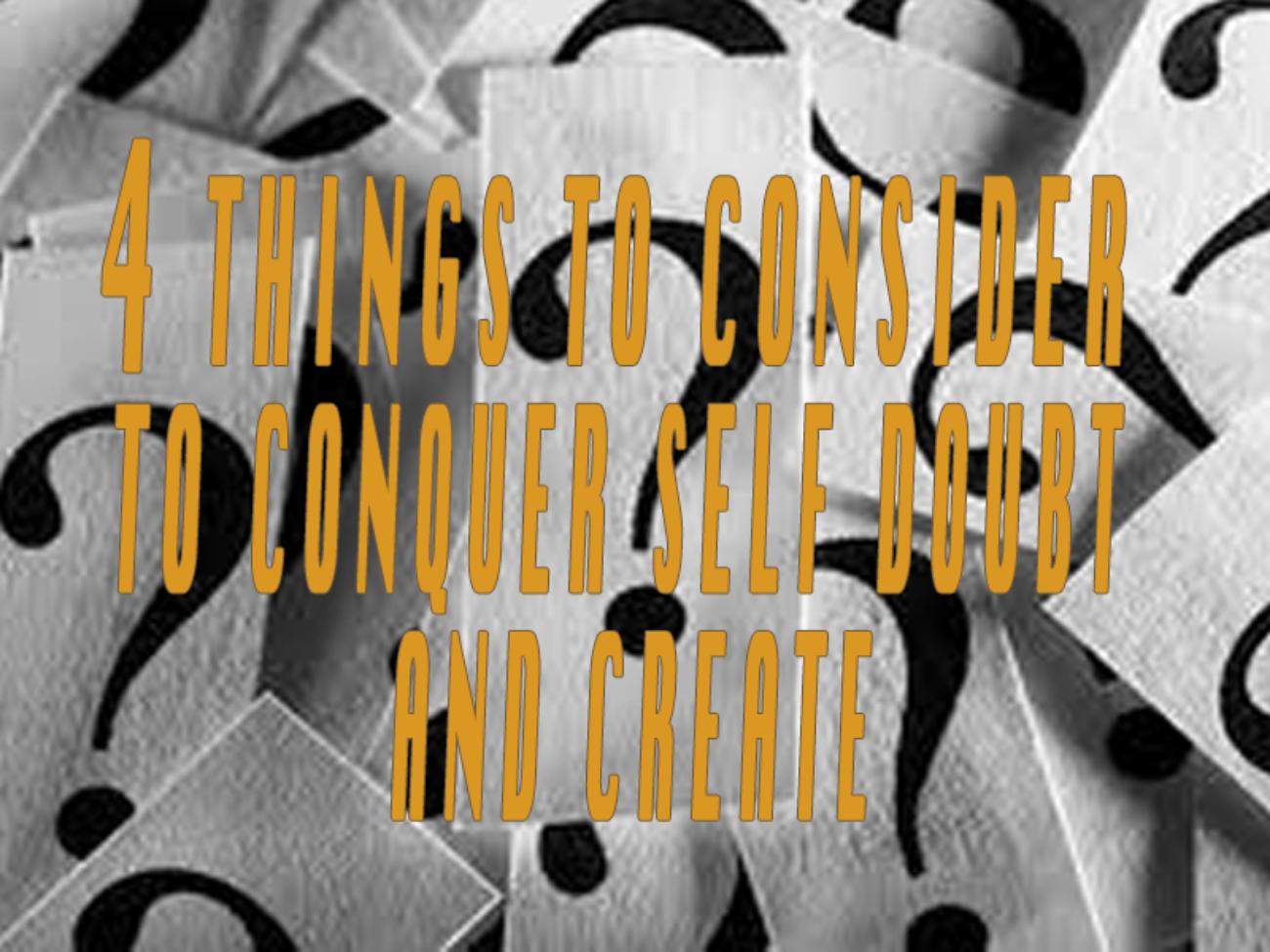Achickwitbeatz presents the Instrumental Intel podcast, bringing you information instrumental to your artistic career including music industry news & tips, insights & interviews, and beats for your inspiration. Listen on Saturdays at 7 pm EST on Grander Radio and Achickwitbeatz.com.
Follow on Facebook, Instagram, Twitter, YouTube Audiomack & SoundCloud, and subscribe on your favorite podcast platform. Download the Grander Media app to listen to Grander Radio on the go.
- Art
- Independent Labels
- Internet Radio
- Music Documentaries
- Album Reviews
- Music History
- Music Industry News
- Free Game Friday
- Free Downloads
- Poetry
- Books
- Interviews
- Did You See It?!
- Hip Hop History
- Hear Here
- Music News
- Hip Hop Documentaries
- Music Marvels Radio Show
- Think Piece Thursday
- Mini Documentaries
- Instrumental Intel
- Music Humor
- Indie Analysis
- Conversations & Quotables
- Music
- Resources for Artists
- Podcasts
- Beats/Instrumentals
- Music Education
00:00
Hey, thank you for tuning in to Instrumental Intel. I'm your host, music producer, Achickwitbeatz, and I'm glad that you're here rocking with me today. I got another show lined up for you that's got music industry news and of course beats produced by me for your inspiration. And later my special guest, Kershawn, will be joining me and will kind of be unpacking hip hop production and its influence. So I'm excited to be bringing this show to you. So right before I go ahead and drop that beat, I gotta give a shout out to my home station, Grander Radio out of Grand Rapids, Michigan, and with that…
00:30
Let's go!
09:56
Hey, this is music producer Achickwitbeatz and you're listening to my podcast, Instrumental Intel.
14:00
[Song - ‘The News’ by Achickwitbeatz: “I'd like to begin with a fact. Whether in a small town like McAllen on the Rio Grande, or in Chicago, New York, or Los Angeles, it is business. Big business. 4-1-1, News!”]
14:27
Alright, I’m back with the music biz brief. First up, the latest RIAA Mid Year Report shows that the US market may be mirroring saturation and paid streaming subscriptions. While the industry hit $8.7 billion in revenue, growth slowed to 4% which is down from 8% last year in 2023.
14:52
The U.S. now has 99 million paid streaming accounts, a modest 2.7% increase from last year. Premium streaming revenue rose 5.1% to $5.23 billion, reflecting a better revenue per user. Streaming services continue to dominate, making up 84% of the market with total revenues at $7.3 billion. On the physical side, vinyl continues its comeback with revenues up 17% year over year.
15:19
outselling CDs for the fourth year in a row. No surprise there. So independent artists should stay tuned as the industry continues to evolve. Alright, you may remember last week I shared that Tidal introduced some new tools to help songwriters track royalties and credits. And now Alltrack, the pro that they partnered with, has just joined the global body CISAC. Founded in 2017 focusing on independent music creators, Alltrack is the fourth US pro to join CISAC following ASCAP, BMI, and CSAC.
15:49
Alright, and in a recent legal battle, singer-songwriter Barry Manilow is suing Hypnosis Songs Fund for $1.5 million in unpaid bonuses related to the sale of his music catalog back in 2020. The lawsuit claims that Hypnosis, which bought the catalog, failed to deliver promised payments after Manilow's songs reportedly met financial targets outlined in the deal.
16:10
Interestingly, Hypnosis has already sued Manolo, arguing that there was a misunderstanding about the bonus terms in the contract. So this case highlights the complexities artists may face when selling their music rights, especially around the fine print of payment agreements. And more legal issues, BMG is facing a lawsuit from Nuvox LLC for alleged patent infringement. The lawsuit filed in Texas claims that BMG's Sync service, which allows users to license music for synchronization,
16:39
infringes on a patent that describes a method for selecting songs based on mood. The patent was granted earlier this year and is tied to a company called Aperture Investments. Movox has also filed a similar lawsuit against IBM, accusing the tech giant of infringing on the same patent with its AI-driven Watson Beat platform. This case is part of a broader trend where music companies are increasingly targeted with patent infringement lawsuits over their digital services.
17:05
And even more legal issues, Spotify is challenging the MLC's lawsuit over its decision to bundle its premium subscription tier, which the MLC argues cuts royalty payouts by over $150 million annually. Spotify claims that audiobooks included in the bundle offer significant value, dismissing the MLC's stance that these offerings have only token value.
17:27
So Spotify describes the lawsuit as baseless and a misuse of legal resources. So for a deeper dive, of course, you can read more about that or check some previous episodes where we've kind of talked about this. But basically, Spotify has outlined how they plan to fight this, so we'll have to see what happens. Alright, and speaking of Spotify, they've expanded their viral day list feature to all global markets and added support for 14 new languages.
17:52
Daylist is a hyper-personalized playlist that updates multiple times a day based on users' listening habits, offering new and familiar tracks. Spotify's move is aimed at boosting user engagement with the hopes that more free users will convert to premium subscribers. The platform is betting on a mix of human curation and algorithmic programming to create these quote-unquote dynamic playlists, and the feature is now accessible in over 180 markets worldwide.
18:17
Also, Meta and Spotify are testing a new feature that could let Instagram users continuously share music they are listening to through Instagram's notes. This is spited by a reverse engineer. The feature would allow users to automatically share their Spotify music without manually selecting tracks. So while it's still in development and may not launch soon, if ever, this integration could enhance features like the 30 second song clips and notes, offering seamless music sharing between the apps.
18:43
In other streaming news, Apple Music users can now transfer playlists to YouTube Music. This feature only transfers songs, not podcasts and certain playlists, and you must have an active Apple Music or iTunes Match subscription and a YouTube Music account. So this transfer process starts on Apple's data and privacy page and can take a few minutes to several hours. For other services, third-party tools are still required. Alright, the NIVA is urging Yelp to stop directing its users to Ticket Network.
19:12
a site selling fake and overpriced tickets. So Niva for short. Niva's letter to Yelp highlights issues such as fraudulent tickets, lack of transparency, and price gouging. Despite Yelp's response that they've disabled the ticket network integration, many misleading ticket links remain on the platform. This ongoing problem affects both consumers and independent venues, undermining trust and diverting sales from legitimate sources.
19:36
Alright up next, Turntable Labs, the startup aiming to revive the spirit of the once popular Turntable FM, has raised an additional 8.2 million dollars in funding to develop its new platform, Hangout. Scheduled to launch later this year, Hangout will feature a game-like environment with virtual DJ booths where users can play music for friends and the community, all represented by avatars. The platform will also include voice chat and mobile apps.
20:01
To avoid the licensing issues that plagued its predecessor, the company is actively working with music industry partners to ensure full legal compliance. And finally, FanCircles, a UK-based platform, raised $2 million to help artists connect directly with superfans. Offering exclusive content and direct sales through custom apps, FanCircles reports artists can earn up to $100,000 per 1,000 fans.
20:25
Unlike multi-artist platforms, FanCircles focuses on individual branding which strengthens the artist and fan connection. The new funds will support global expansion and enhance features like data analytics. Alright, and that's a wrap for this week's music biz brief. I'm gonna take a quick pause for the cause and then I'll be back with my special guest, Kershawn. Keep it locked.
32:50
Hey, I'm Achickwitbeatz, multi-genre music producer and strategist to indie artists and labels. Visit achickwitbeatz.com for resources for artists and instrumentals in various genres available for songs, blogs, blogs, podcasts, themes, TV, film, commercials, and more. Once again, that's achickwitbeatz.com. That's A-C-H-I-C-K-W-I-T-B-E-A-T-Z.com Let's make something happen.
33:20
Thank you so much for tuning in to instrumental Intel. I'm your host, music producer, Achickwitbeatz. And I'm excited to say that I have with me in the virtual building with me, coming all the way from Long Beach, producer Kersha. How you doing? Great to have you on. How you doing sis? I'm good. Good. Well, you know, some people who have been following what I've been doing for a while, might remember that you were on the Music Marvels Radio Show.
33:48
But since this is your first time on instrumental intel, if you could give people a little bit of the background and how you got into music and all that good stuff. Well, music's been around me since birth, you know? Just, you know, my mom playing with her playlist, you know, her playing a lot of jazz. I really started out as a poet, you know?
34:14
And then from there, like I always was singing. I sang in the church choir, you know? So, you know, that's how I really got started. And then I started producing, well, I started tinkering with making beats and like, oh, it was kind of like a touch and go kind of thing, you know? Didn't really, I bought my first equipment, my first MIDI controller in 2010.
34:44
didn't really get serious until about, you know, 2012 on and off and then seriously started to catch rec around 2016. So yeah. Okay, okay. So yeah, you mentioned, you know, mom having the playlist for you, the records, whatever was going on, who were some of your influences specifically that you can recall? Golly.
35:11
I would say Ella Fitzgerald, Sarah Vaughn. Of course, like my big three would be Jill Scott and Erica Vadoo in Georgia and Muldrow. Those are my big three right there. So, you know, I grew up listening to a lot of their music, you know, and everything like that. So, yeah. Okay. And so, you know, you feel like maybe that between, you know, the...
35:40
historical greats to some of the more modern day current greats. I guess what am I trying to say? You can kind of hear the transition of that style, like within your beats and your production and what you do.
35:55
And so it's kind of interesting. That's funny you say that, because I don't even know how to describe my beats, but I know it's not lo-fi. I know that. Yeah. Now see, that's one of those things where it just kind of became a catch-all at some point, and then one thing, but then anybody that was doing something that was kind of, I don't know, reminiscent of the Neo-Soul era, it was like they started grouping all that stuff together. And, you know, that's a whole nother thing in itself. As far as.
36:23
You know, there's a lot of debate on how we classify things. Some people say that maybe, you know, being too picky by, you know, thinking, oh, it needs to be called this, that or the other. But yeah, when you lump something all in like that, you know, it kind of, I don't know, I don't want to say it puts a cap on what people can do creatively. It does! It really does. Yeah.
36:45
I'm open to explore, but I love 90s hip hop. And one thing I love about 90s hip hop, not only the break drums, but the heavy jazz influence, when you listen to 90s hip hop, you will hear a horn stab somewhere. So anything with horn stabs, I love sampling horns.
37:13
I'm a horn girl for sure. Like even in high school, I was like in color guard, the polyets they called us, and I was dancing in the horn section. Aside from my mom playing jazz all the time, I really respond a certain way when it comes to trumpets and saxophones and all the flutes and you know, stuff like that. Yeah.
37:39
It's funny because I was just having a conversation with a friend, shout out to Fire Free, right before Speaking With You Now, where we were talking about how, you know, sometimes people kind of complain about how music has changed. But I think that that is because a lot of us from that particular era grew up listening to, like you said, how your mom had you in the classics. So a lot of us had that with our parents playing jazz and, you know, some of these various forms where you're getting to hear.
38:08
all these different sounds kind of blend together and then kind of coming up, like you saying, hearing those same samples in hip hop, you know, we really had an appreciation for it where with some of the younger artists, instead they grew up listening to some of the stuff that we played for them instead of, you know, where it actually came from. It's so funny that you say that because when I remember, you know, when I was younger listening to the radio with my father, the hip hop stations,
38:36
And like, I just remember my cousin saying, it's true that like one day these are gonna be the oldies. And you know, it's crazy, you know, cause they really are the oldies now, you know, like Tupac and J.L.I. and you know, all the golden era, like, you know, it really is. And it's crazy.
38:59
Yeah, if you notice like a lot of the stuff that got popular, like maybe within the last few years or so, just since the pandemic, a lot of those were samples of samples. Exactly. So yeah, almost cuss, but you know, I don't know if you do profanity, but you know. That's for the station that it is. Yeah, there's a lot of that. There, you know, especially.
39:27
You know what, I just feel like it's how people pay homage to what was going on back in the day. And it's also kind of like, how you say it? I don't know. I'm just saying they paying homage to that, but it's kind of problematic when you don't know the history. Right.
39:57
is not really a high vibration. So that's what I'm gonna say about that. Yeah, I kind of think of it as, and I'm not saying that it's bad to sample samples because some great stuff has come out of it, but without, like you said, some of the knowledge of where it originated from, sometimes it gets kind of choppy. And I think it's almost like the same as, I'll use social media, for example. Let's say a hot meme came out in 2011. Most people saw it, some people didn't.
40:27
Some later in 2013, somebody screenshots it and posted it. You notice like every time it gets reposted, the quality just kind of declines. Like you can only chop a snapshot of a snapshot without, you know. Exactly, exactly. Yeah, so that's interesting that you said snapshot because that's what it is, just a snapshot of, you know, of the history. Just like a quick little snapshot, you know? So yeah.
40:55
Yeah, just kind of reflect on it. Because I know there's been some topics where some debate about, oh, we need adult contemporary hip hop or something like that to kind of differentiate some of the stuff. And honestly, while I get the desire for that, I feel like that's probably just kind of segregated a little bit more. So a lot of the people that don't like some of the newer stuff that comes out, especially musicians.
41:22
Like if you're not working with that generation to try to make it like a little bit better, then of course you're just going to have this divide. So I think by the time you split that up like that, then it's just going to be the old his versus the new proud. And yeah, it really is. But you know, the beautiful thing is, you know, we all in it together, you know, and you got to know where, you know, what you looking for, like, you know.
41:47
Like the greats are still out here catching rec. You know, Pete Rappencomin' album, new album is phenomenal. Absolutely. You know, KRS1, he's still catching rec too. You know, a few years ago Chuck D had a project, you know. Yeah. It's still going on, you know, but that's one thing I do, you know, about the hip hop is the only music genre
42:17
who don't pay homage. Well, they pay homage, but they really don't like, the elders, or the elders of the game is not really, they really don't respect the elders of the game. They don't bridge that, the gap is not being bridged. And there's many reasons why.
42:41
these certain messages and things are happening there. It goes deep, sis. It really does deep, but we can talk about that. We can catch rec on that another time. But what I wanna say is that, you know, well, speaking of that, I am working on an album with a fellow MC, Lady MC, and the messages that we have are
43:10
are gonna be very, it's very vital. It's very like, I like to call my music somewhat as an alarm, you know what I'm saying? If you feel what I'm trying to say, you know, so yeah. Yeah, and I think that's needed. It's definitely important. You had mentioned about like the genre, and I think that
43:36
The more that some of us who are seasoned, if we're making the type of music that we want to hear, you know, that's automatically going to change the course of things. I think that as long as we don't let ageism take a part of that, still keep doing what we're doing. Just last week, sorry, the week prior, I had a guest Sandstorm that was even encouraging other producers like
43:59
Yeah, okay, this drill sound might be hot for this side or the other, but if it's not you, you don't have to do that. You can stick with what's genuine to you. And so, yeah, I think the more of us that keep doing that, the more comfortable some of the people coming after us will feel being themselves and not just trying to emulate what's on the radio. So kudos to you and hats off to you for what you're doing. That's beautiful thing about our culture. We're very prismatic. You know, we go off on different.
44:28
different things, you know, like, even like with the drum programming. I don't, I'm not really familiar with drill. I don't know what that is, but I'm, I'm assuming it's like trap. Yeah. Like a different version, but a little more grittier, a little grimier. What's grittier than trap? Well, drill. Matter of fact, if you think about it, so like it's big in the UK, but like, you know, Chief Keef was one of the early folks on that.
44:57
So like, even though it was trap, you know, like it had a different energy, like you had alluded to earlier. So yeah, that that's what that is. And so, you know, the, yeah, it's different vibrations, you know, uh, like the trap and then the boom bap and then the West coast, you know, swinging drums, really swinging, and then you got the DC, uh, what is it called? Go go. Yeah. Go go.
45:26
It's like, we are so, we can't be put in one thing. That's one thing I fight with myself like, okay, you know, let it be, everybody can't be boom-bap, you know? Everybody can't do that. So it's just about expression as well. Right. And I think variety is just so key because that's one of the beautiful things. Like when you mentioned 90s hip hop, there was a lot of variety around that timeframe. And so yeah, mainstream.
45:56
You know, we haven't seen that lately. You had Dayla in Tupac and on the same radio station. Like, you had the conscious rap with the, you know, not so, you know, with the gangsta rap, you know? So yeah.
46:14
or the party music, you know, even The party music, yeah Miami bass, all that, like there was a variety and I still think that's key because we don't always feel like the same thing every time. There's no variety, they're pushing non-variety, they're pushing one aspect which is the party and that's what, you know yeah, that's what's happening Even so though, it's like
46:38
not even party party time and place where everything you just can't be party party party all the time that can't be your you need to mix it up have some different things yeah you know and your in your cipher you know right because even the party music now sounds different than it did in the 90s like most of the stuff that people listen to before they get ready to go out or like you see some of that stuff like that sounds kind of slow i mean yeah it might have
47:08
It's like 70 BPMs, man. Like, shoot, really any type of, kind of don't want to say this, but I'll say like Future. I don't want to listen to party music. I stay away from, I mean, the party music that I listen to is the party music back in the day. You know what I'm saying? Like, so I don't know. I can't say I know what you're talking about. Yeah, well, yeah, it's totally different.
47:37
And I mean, you know, I think that's just because a lot of people nowadays have been, I guess, kind of brainwashed to think that people need certain to be at a certain BPM. It's got to have, you know, X-amount of snare rolls. It's got to do all this other stuff. And again, there's nothing wrong with that. But yeah, the fact that that's what people listen to before they get ready to go out is a whole lot different from listening to Luke or so-so bass also. Like it's a whole.
48:06
Yeah. The party culture is different from when we was growing up. Like you go to a party now, nobody's dancing, everybody on their phones. Right. You know? Like how do you dance to try, I don't know. Like me, I like to dance to some reggae, you know what I'm saying? Why ain't my hips, you know, type of thing, you know? Like I don't see, it don't translate, like I don't see how.
48:37
you dance to that. I don't know. I don't know. Yeah. Yeah. You know, yin yang twins, they had the da da da. Right. Like, yeah. You can get kind of hype with it. Yeah. Like, check what your mama gave you. You know, it's a different vibration. It's a different vibe. So, yeah. I don't know. But yeah, like, and I know that there's still people out there, you know, doing it. Shout out to the Eastside Boys. They still doing their thing. They homie Duffy. Yep.
49:06
They still making like the party music that we remember. They still got the crunk thing going. Like they have that slowed down. And so, yeah, I think that's one of the things that more people kind of need to understand is that, you know, we don't have ageism in any other genre, the way that we do in hip hop and yeah, definitely needs to change. You already mentioned the heavy hitters that are still doing their thing. And yeah, the same way rock and roll greats are celebrated.
49:34
The same way, you know, blues, older country singers are celebrated. We need to do the same thing for hip hop culture. So yeah, you don't have to stop rapping at a certain age. I know I see comments like that, you know, all the time. Oh, you too. Oh, that is crap. That is crap, okay.
49:53
Could you imagine what would happen if everybody started treating all these other stars from the genres that way? People would be fussing, but yeah, for some reason, hip-hop is the only thing that, just because it started with youth, doesn't mean that it has to end there. Like, that's where it started. Obviously, it's been 50 plus years, depending on how you look at it. But it's been some decades in the game.
50:16
And you know, the older I get, I still want to listen to hip hop. So I don't want these people to stop making music because I want to hear the new stuff that they got coming, you know? Mm hmm. Mm hmm. Absolutely. So with your yeah, with your upcoming project, what are some of the things we can expect? So you said you sound in the alarm, but yeah, let's go. I have a few projects that I'm working on. I'm working on three projects simultaneously, sis. It's crazy. That's what's up.
50:44
I'm working on an album with producer Nodgerhead. I'm not going to tell the title of it yet. You know, I'm keeping that on the lock, but it's more of a, what I say, it's like, it's about, it's for, it's dedicated to the millennials who wish they were grown in the nineties. So it's very soulful, jazzy, hip hop-y, you know, very, I would say,
51:13
I don't know how to describe it, but it's that vibe. Okay. And then I'm producing an album as well as MCing and singing with my partner, Bree Ma. And we have our name together is called Obany, which is an African, West African name that means we pray for her.
51:40
and she appeared. So the theme of that album is just, you know, you know, our relationship with our people, the most high, you know, just a different, you know, frame of mind, different concept of when you think of female hip hop. And the last thing I'm working on, I'm from Long Beach, so I have to do a G-Funk album. So I'm working on a G-Funk album.
52:10
And I'm working on that. And it's, you know, when you think G-Funk, it stands for gangsta funk, right? But my G-Funk is gonna be either like gospel or God funk, you know, coming from the most high, you know what I'm saying? So those are the projects that's in the works for Kershawn Tha Don. Right, that's what's up. I mean, yeah, the song's great.
52:36
excited to hear everything that you drop. I'm sure listeners will be as well. So yeah, if you, you know, time's getting kind of close here, but if you could real quick before we even move on to the next topic, let everybody know where they can follow you, find your music, all that good stuff. You can follow me on, I'm active on Instagram, Kershawn, you know, with a K.
53:01
You can follow my movement, ladiesloveloops.la on Instagram, Kershawn Tha Don on Twitter. I'm on Bandcamp, you can support my previous works, which is on Bandcamp under Kershawn, Kershawn Tha Don. And yeah, that's it.
53:27
Okay, okay. So you mentioned Ladies Love Loops. Can you tell us a little bit about that? Well, Ladies Love Loops is basically a platform I have for women like us in music. Initially it was supposed, you know, it was for producers, but I'm like, you know, let's open up it. Let's open it up, you know. So I have singers, DJs, MCs, poets.
53:54
And we actually have a radio show on KLBP radio that airs every third Tuesday of the month at three o'clock. And we have our next show coming up on September 14th at the Record Box in Long Beach. And I'm very excited for that, very excited for that. So you can follow us there on Instagram, ladiesloveloops.la. And we're catching wreck soon.
54:23
All right. Well, that's what's up. You know, it's really great that you're doing that. It's I think often overlooked exactly how much women love music. And so, of course, you know, anytime they want to talk about mainstream, like, oh, you get the ladies following you, they get, you know, all the sales, which is kind of true. But some of us really do love it to our cores, you know, the size of the producers. I mean, you know, tons of.
54:48
talented rappers, tons of talented singers. We the new wave, we out here catching wrecks. Yeah, it's not a game. And my goal with Lady Love Lose is just to stimulate, you know, stimulate the ladies that are in the closet, thinking about it, creating in their rooms, and not really, you know, I'm for them. Those are, those girls are my go-to girls when I'm thinking about putting them on for a show.
55:18
because I was that girl for a long time, you know? And when I first got out, I was like, well, there's nobody booking me. So sh*t let me create my own thing, you know, with the ladies. So that, you know, we're really out here catching rent. And I wanna just stimulate and expose everybody to us. Okay, so with that being said, what advice do you have? Like, let's say,
55:48
specifically the girls that you just described, the women, the ladies that you just described. If they're listening right now, what advice or I guess words of wisdom would you want to share with them? Like where they might be wanting to, but feeling a little insecure just because of what they've been seen promoted recently in mainstream. What do you have for them to just kind of push through that? I want to say be yourself. You know, be yourself.
56:17
Give yourself some grace when you create. It's so easy to be like, oh, you know, don't stop that self-doubt-ness, okay? Don't even listen to that voice. Eff that voice, okay? That's a demonic attack, okay? So, you know, it's, and then at the same time, just, you know, I don't know, I don't know, girl.
56:43
Catch red, that's what I say. Catch red, you know, be fearless, you know, post your stuff, you know, follow your dream. All right, that is excellent advice. So yeah, you have any shout outs to you people you want to give right now? Shout out to my girl, Brema. Shout out to a love supreme out in Ontario. Who else?
57:13
I'm gonna put me on the spot, you know, the spot. Shout out to everybody. Anybody that listening to this, hit me up. So we can catch red, okay? On any level, if you wanna talk, you wanna talk about music, put me up on different artists, you know, different ladies that I should know about. I'm always open to listening to new music and independent artists, you know, especially.
57:42
Yes, that's such a beautiful thing. Yeah, really appreciate the fact that you've got that kind of support system going. You know, a lot of times people talk about it, but don't actually do it, but you're doing it and you've been doing it. So yeah, hats off to you. And also for the station that you name, that you air on, where can people, I guess, find it to be able to listen? Like is there an app they need to download to check out? Oh, you can listen to the archive on our sound.
58:11
ladies love loops sound at soundcloud.com. Yeah. We air worldwide on klbp.org every third Tuesday at 3 p.m. Pacific Standard Time. All right, awesome. Well, yeah, I wanna thank you for taking time out of your obviously very busy schedule.
58:38
to share your wisdom, insights, and your experience with us. And so, yeah, I just want to make sure that the audience knows that they need to check you out every single place that you mentioned. And yeah, are there any, I guess, lasting thoughts you kind of want to close us out with? Oh, yeah, subscribe to my YouTube channel. I've been catching wreck on there with my little song series. I'm getting back into singing again, you know, so. Catch wreck with me on YouTube.
59:07
So Kershawn, The Dawn, The, what it ain't, not the B, but the. The, yes. All right, thank you so much. Thank you, sis, for having me. All right, that does it for this week's episode of Instrumental Intel. Once again, I've been your host, music producer, Achickwitbeatz. I wanna thank you so much for joining me. Really appreciate the support. Of course, I wanna thank my special guest, Kershawn.
59:34
for sharing her experience and story with us. And I'd also like to give a shout out to my home station, Grander Radio out of Grand Rapids, Michigan. So next week I got another show lined up for you filled with goodies. I got Mike Lungs joining me and we're gonna discuss rhythm routines and resilience. So it's gonna be a great time. Make sure that you come back for that. So till next time, you know where to find me. Tune in, tell a friend. I'll see you then, peace.
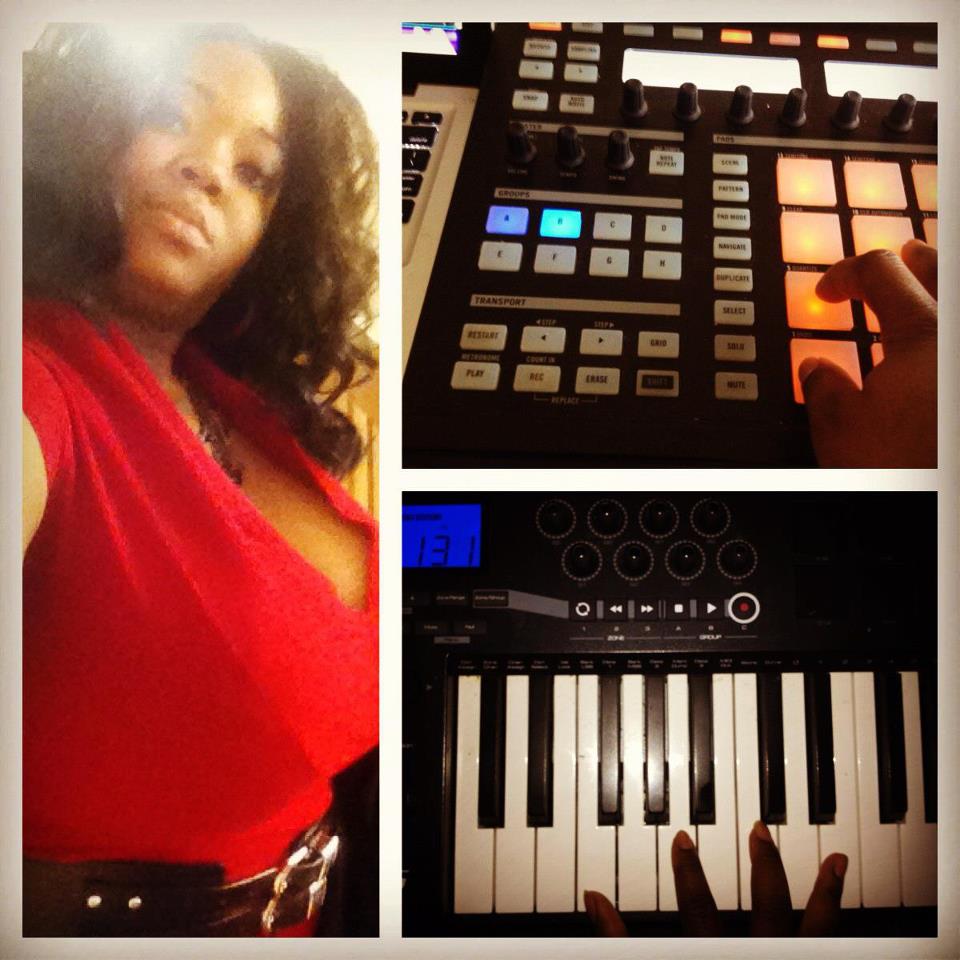







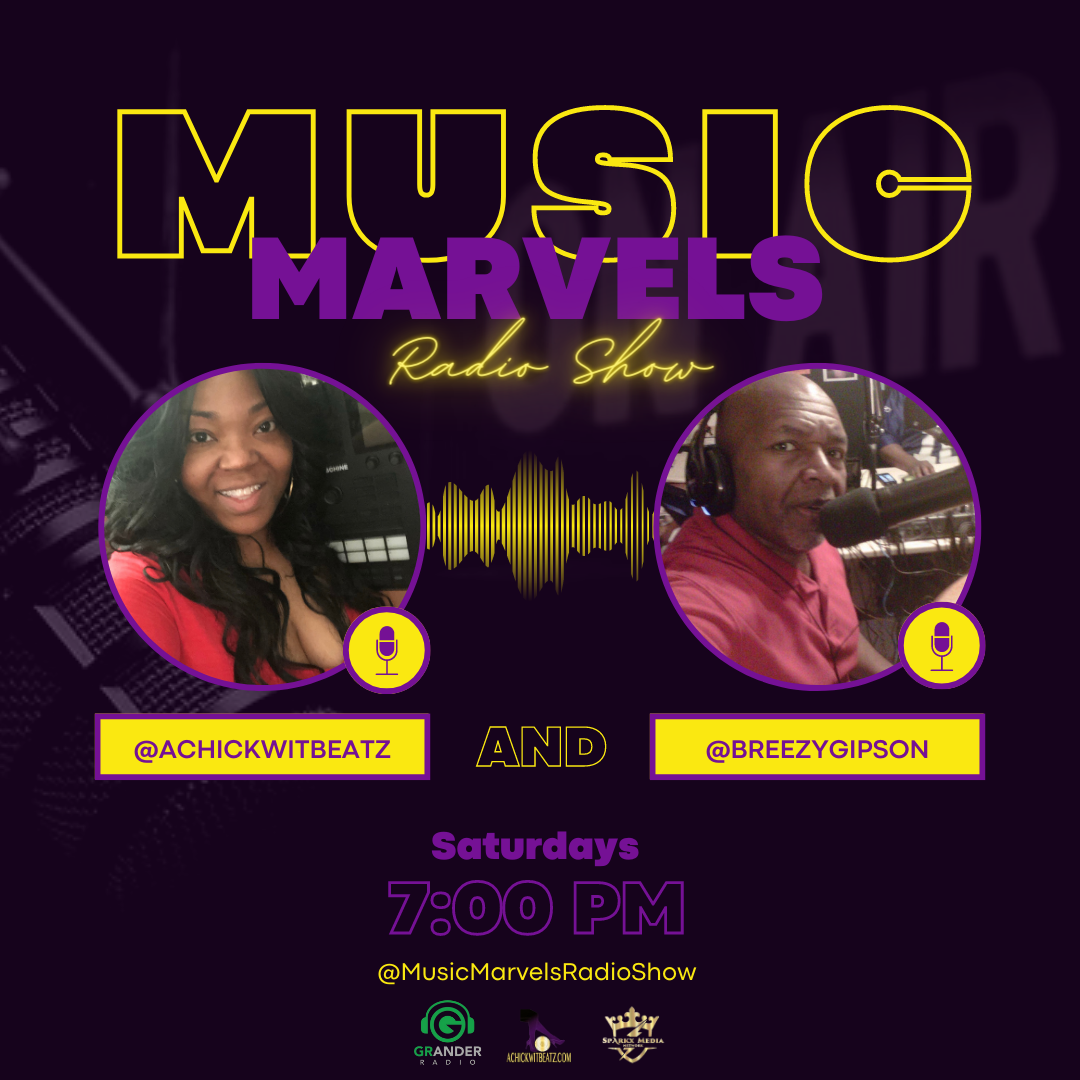
![Hear Here: Achickwitbeatz - Dopamine & Serotonin [Single]](https://images.squarespace-cdn.com/content/v1/52b0b90ae4b0293bfed0d692/1710852808557-EZYGFDIBHLBSIRFOVS1Q/Dopamine+%26+Serotonin.JPG)


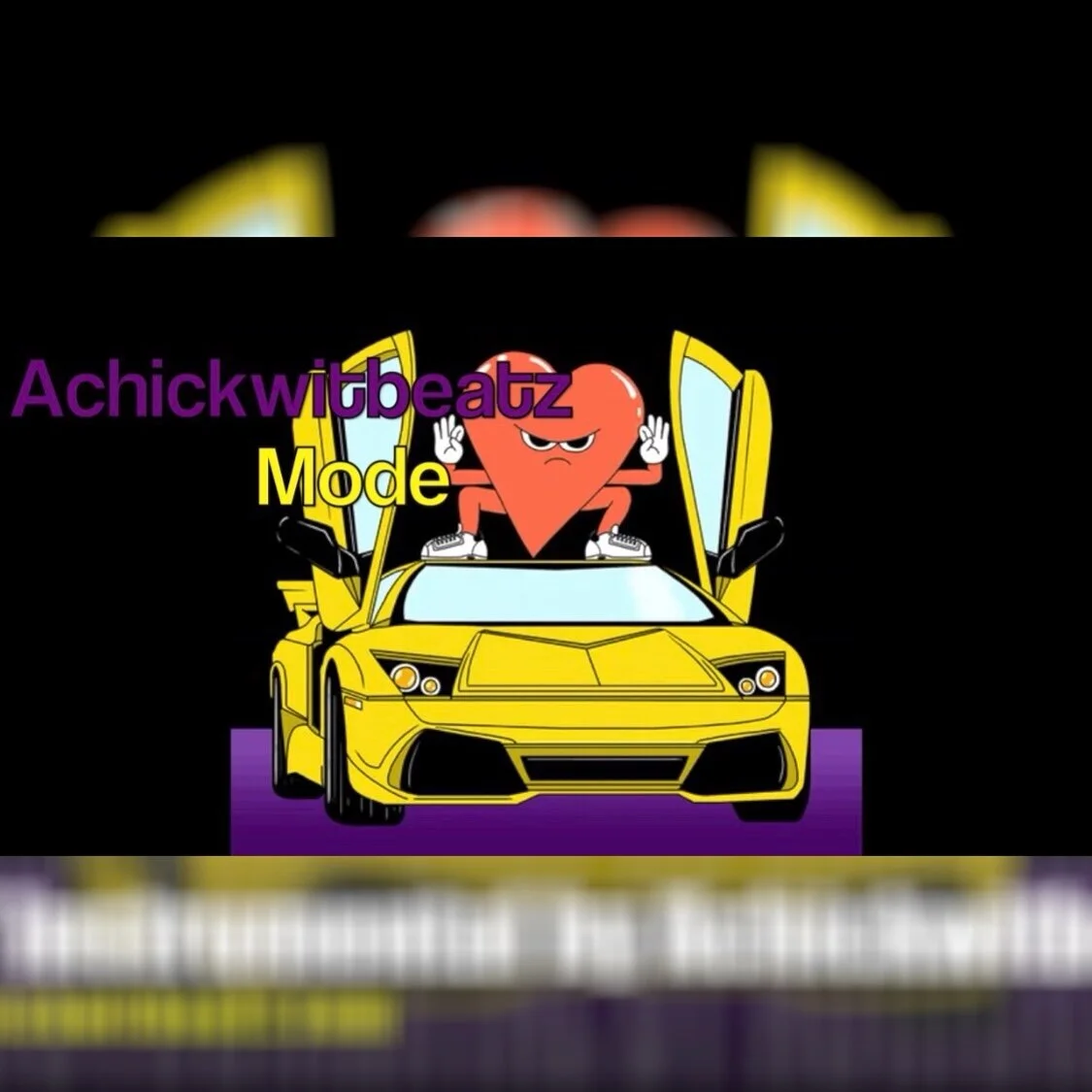
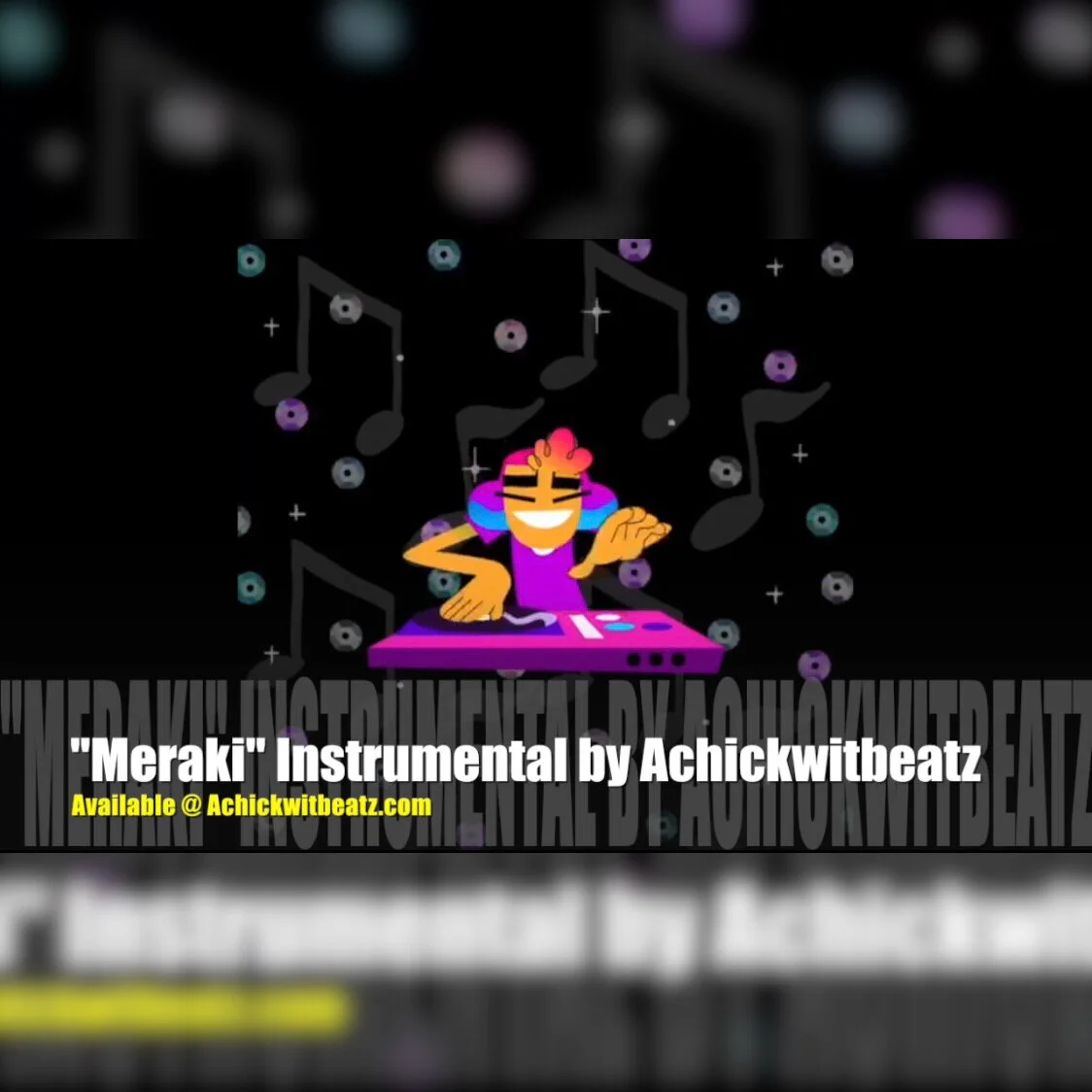





![Hear Here: Dagga Man- "Analytics" [Prod. by Achickwitbeatz]](https://images.squarespace-cdn.com/content/v1/52b0b90ae4b0293bfed0d692/1584638158548-9R55AZLWZIDFJC8LATV6/IMG_2212.JPG)







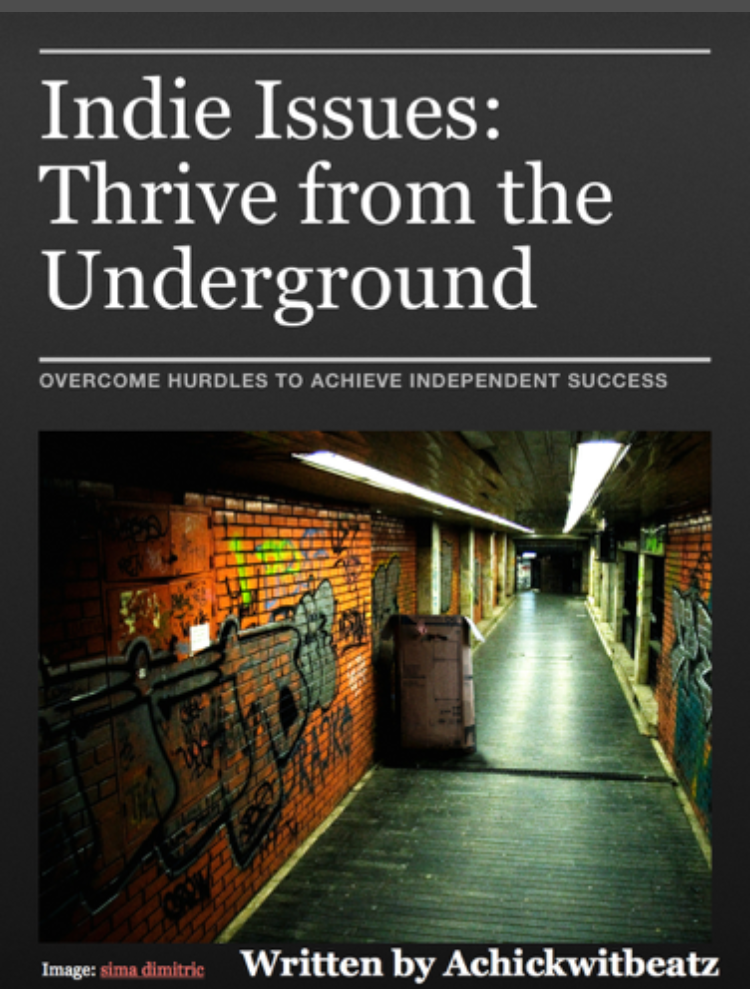
















![Making Music on a Budget [Infographic]](https://images.squarespace-cdn.com/content/v1/52b0b90ae4b0293bfed0d692/1582844361438-3JTE5NT3EL51FHXC0WJI/making-music-on_1929722%25281%2529.jpg)
